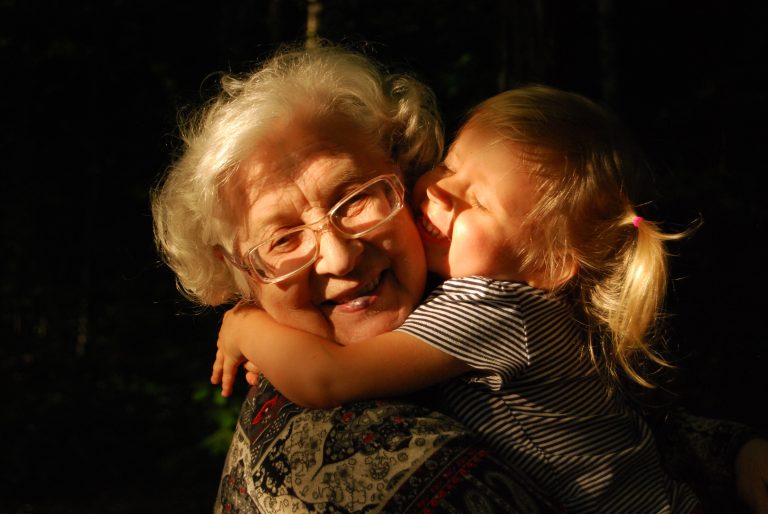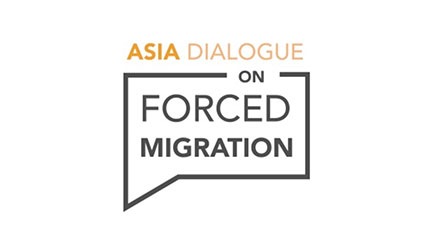Making society more civil was the impetus for a round table discussion between a diverse group of influence leaders last week. Convened by Larissa Behrendts and Eva Cox, through Jumbunna UTS, it involved senior arts, welfare, employment, policy tank, discrimination, media, legal, and union people, exploring what society we want to live in and how to put that question back on the political agenda. There was agreement that the paradigm shift to Neo liberalism was well past its use-by-date – and that politicians and policy makers nonetheless cling to the familiar.
It is time to reverse the trend that has seen the debate about social issues subsumed by economics: a very inexact social science that claimed the high ground by reducing complex social issues into overly simplistic mathematical calculations.
The outcomes of this approach in terms of bad policy making in the Indigenous area are obvious. Government policy designed around making Indigenous people individualistically competitive economically failed to understand the need for respectful recognition of, and the inherent value in cultural and social connectedness. Policies that involved reducing funding for outstations, taking over community housing and many aspects of employment and education failed to understand the crucial importance of social relationships.
Roundtable participants identified a need for space, time and legitimacy to discuss and think through the type of policies that would enhance rights-based, trustworthy, egalitarian social environments, which are needed to underpin necessary environmental protection costs and equitable sharing of resources. Creating dignity involves exploring respect, responsibilities, relationships and ethics which make up the social qualities of the connections between people. Research shows that perceptions of inequality and unfairness are more toxic than poverty and undermine health (eg for Aboriginal people) yet the issue is not even on the policy agenda.
There was concern at the few, if any, opportunities for such discussions. Most not-for-profits are busy being nice to the government in the hope of being listened to, and few think tanks are moving out of acceptable economic frameworks. The various sectors that once were able to produce ideas – such as universities and other publicly funded service providers – have been corporatised, co-opted and silenced.
So we agreed there was a need to put the social back on the political agenda as the core question: set social objectives, then see how economics, along with other disciplines, can be used to reach them. Not wishing to add to the plethora of formal groups that spend time raising money and maintaining themselves, the meeting decided to start as an online Network, to exchange ideas, act as a gadfly to encourage more people to engage in setting social goals, and encourage lively debate on alternative social visions and goals. Care and optimism needed to be explored rather than just interest rates and GDP.
If you are interested in finding out more about the Civil Society Online Network, or in engaging in debates about making societies more civil, please contact me at eva.cox@uts.edu.au.



